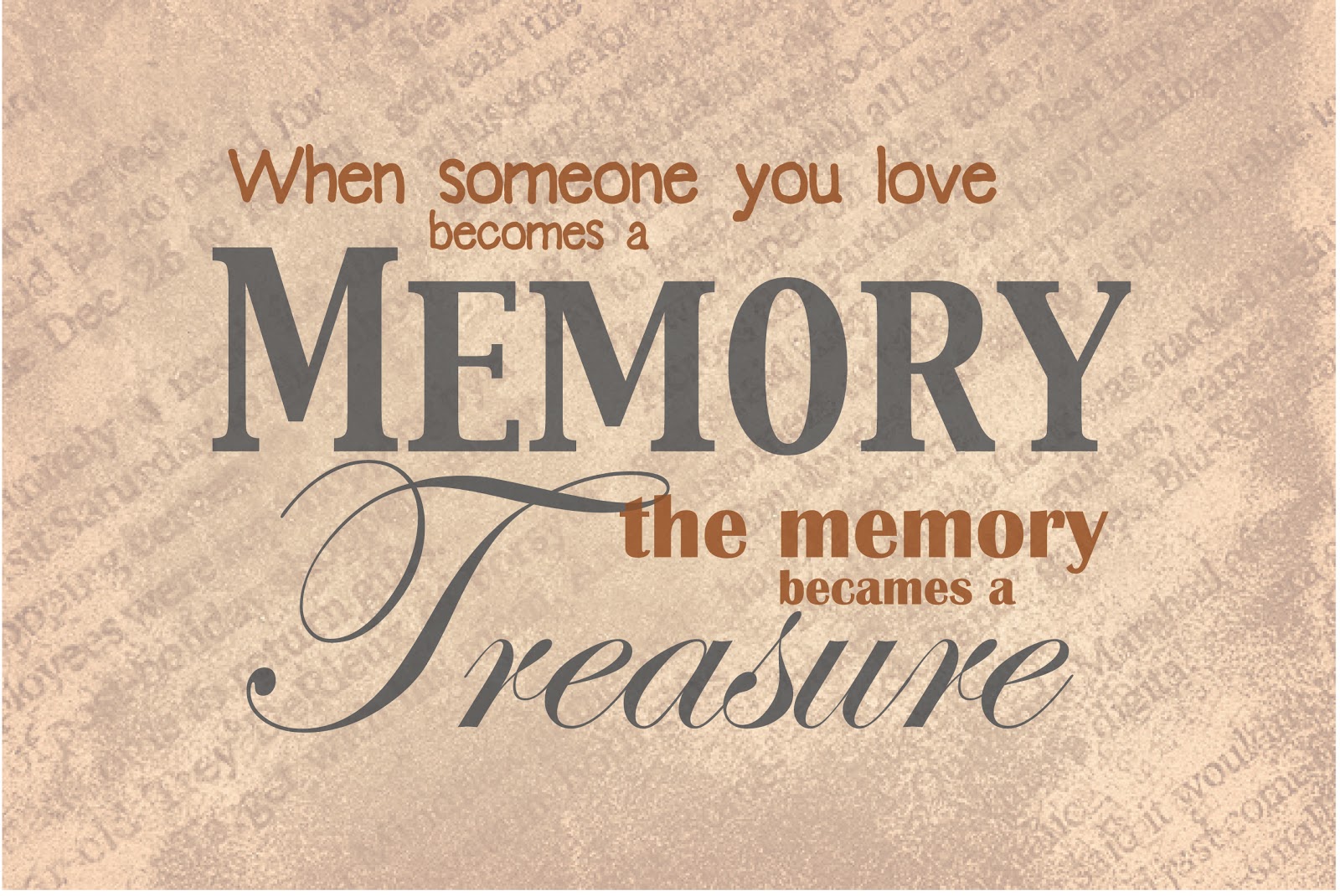

It is the memory system that has a conscious component and it includes the memories of facts and events. The declarative memory system is the system of memory that is perhaps the most familiar. Psychologists and neuroscientists have divided memory systems into two broad categories, declarative and nondeclarative (Figure 7.1). Third, how does memory work? What types of changes occur in the nervous system when a memory is formed and stored, are there particular genes and proteins that are involved in memory, and how can a memory last for a lifetime? Fourth, is the issue of importance to many people, especially as we age: How can memory be maintained and improved, and how can it be fixed when it is broken? A second possibility is that our memories are distributed and stored in different regions of the brain. First, what are the different types of memory? Second, where in the brain is memory located? One possibility is that human memory is similar to the memory chip in a personal computer (PC), which stores all the memory in one location. This Chapter will discuss four issues that are central to learning and memory. Thirty years ago little was known about how memory works, but now we know a great deal. We went camping in Maryland over the summer - with my 79-year-old-father and our 2-year-old - an adventure we will remember for the rest of our lives.The analysis of the anatomical and physical bases of learning and memory is one of the great successes of modern neuroscience.

So he could finally bond with this grandson and share in the joys of walking him to daycare and back.

My father, who lives in India, visited us for an extended period of time. We traveled more with him across the United States, as well as to India - our first time taking him to meet my family. And that's probably because we purposely broke away from some of our routines with him to have new experiences, and make new memories as a family. "The more you break the day out with different activities or different things to do," she says, "then the more chance you've got of making these nice memories - the things that you're going to remember, the things that are going to help to stretch out your retrospective feelings on how the years passed."Īs I think more about these past few years with our son, I realize that last year - 2022 - seemed to have lasted longer than the two years prior. She herself has been trying to incorporate new and different activities with her kids. "So your sense of time retrospectively is compressed."īut there's a way to counter this, says Ogden, by focusing less on routines, and more on creating those "beautiful, incidental moments" with our children. "In retrospect, they just seem to have either not happened or they get squished together with all the other similar events," he says. It's the type of work that doesn't make new memories, says Tse.Įven if we were to be attentive and present during every diaper change, he explains, our brains wouldn't file away a new memory for each diaper change, or every walk to the daycare, because it's not processing them as new events. It's tedious, boring work that makes us parents operate in auto-pilot mode, because we've done it a hundred times before.

It can also happen when we're having an emotionally charged experience. This can happen when we are in a new place, absorbing all the little details around us. And that makes time feel subjectively longer. "If you're paying attention, you're actually processing more units of information per unit of objective time," says Tse. The brain perceives time based on how much information it is processing at any given moment, he adds, which in turn depends on how much attention we're paying to what we're doing and what's happening around us. And then you have how you regard time by looking through your memories." To make a lasting memory, pay attention "We have a perception of time in the moment - perceptual time, you might call that. "We don't have a single perception of time," says Peter Tse, a neuroscientist at Dartmouth College. It turns out, researchers say, it's because our brain's perception of time is fluid - determined by the kinds of experiences we have and how we experience things in the moment. Shots - Health News How did COVID warp our sense of time? It's a matter of perception


 0 kommentar(er)
0 kommentar(er)
